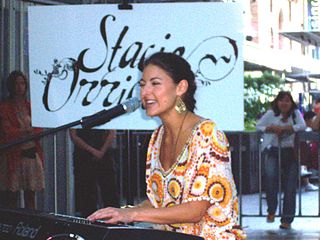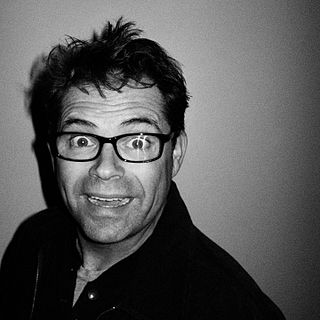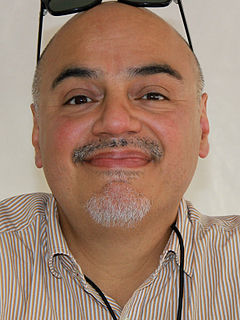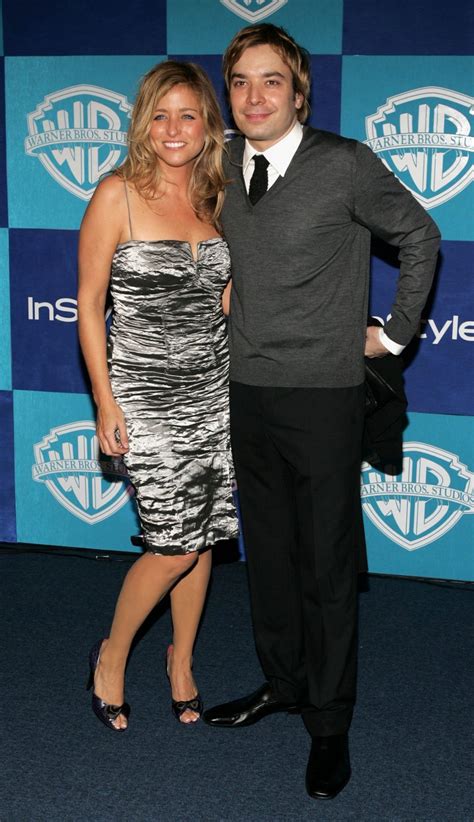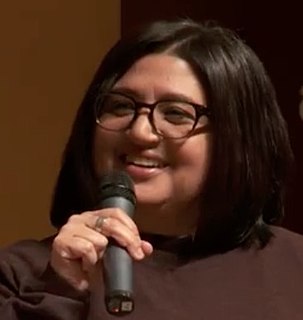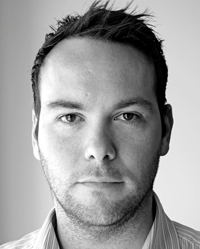A Quote by Jill Kargman
I get verbal diarrhea in the writers' room. I just tell everyone a million anecdotes and stories and craziness, and we all double up on the floor laughing.
Related Quotes
A man is like a two-story house. The first floor is equipped with an entrance and a living room. On the second floor is every family member's room. They enjoy listening to music and reading books. On the first underground floor is the ruin of people's memories. The room filled with darkness is the second underground floor.
I'd think the house was the source of great sadness or pressure. I knew it wasn't. I knew it was just where I lived. But I'd walk up the stairs and the second floor was just desolate. My old bedroom: empty. My old rehearsal room: empty. First floor studio: messy and empty. Middle room: broken gear everywhere.


